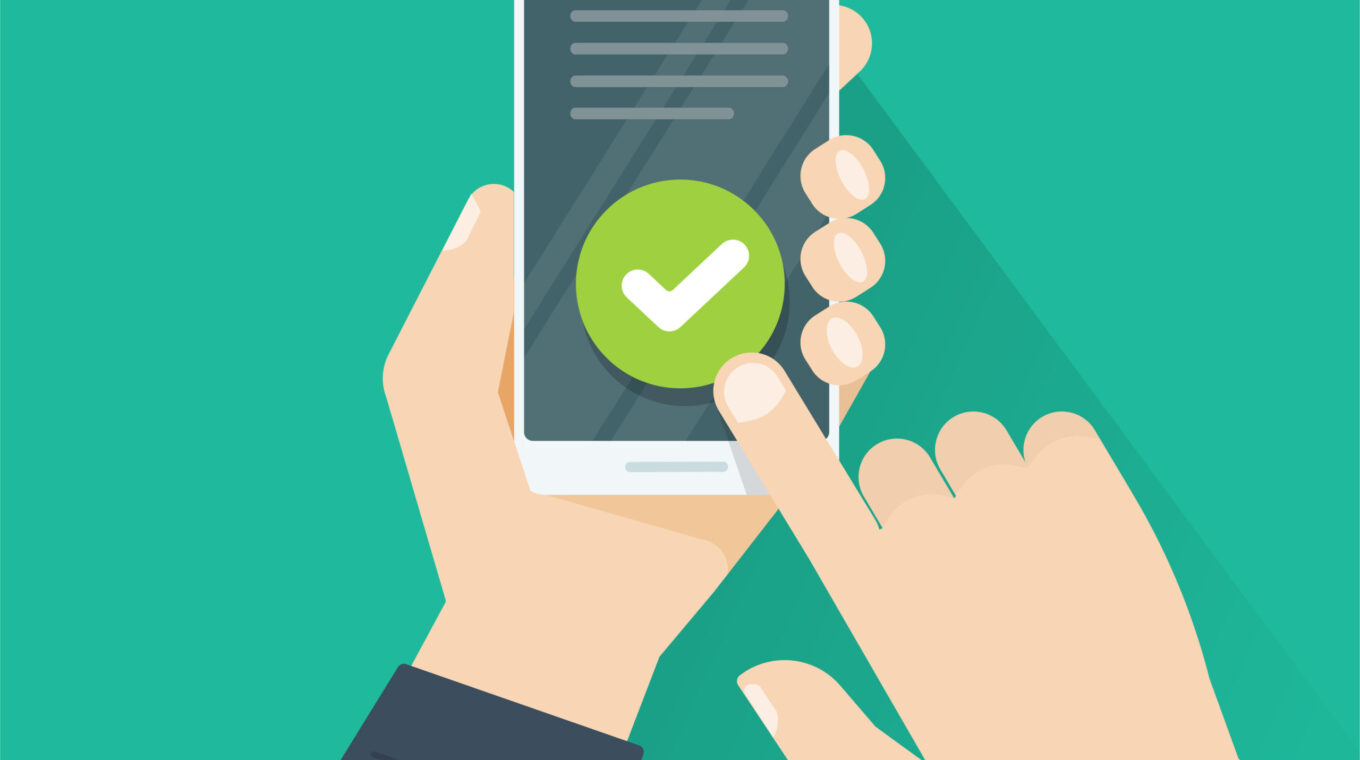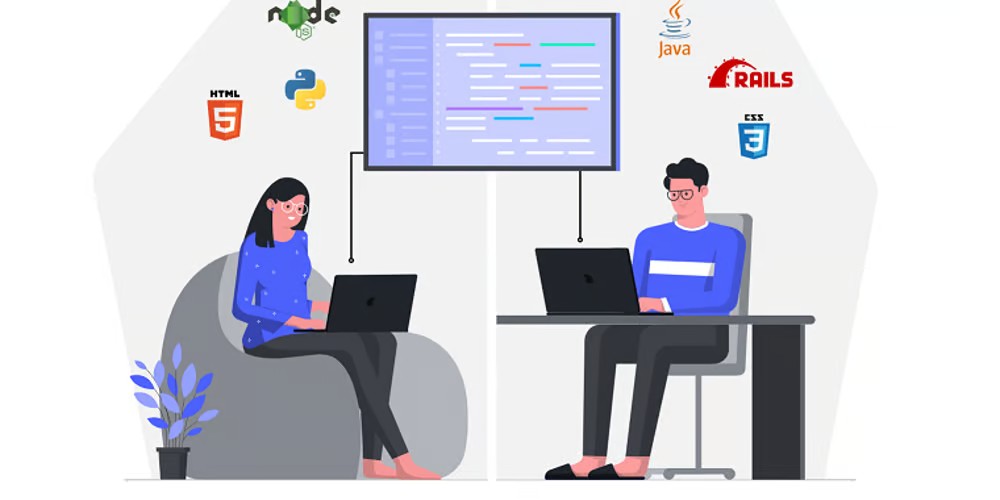Downloading apps has become an integral part of our digital lives, but it’s crucial to prioritize privacy and security when choosing which apps to install. Before downloading an app, it’s essential to follow a comprehensive privacy and security checklist to ensure that your personal information remains secure. In this article, we will explore key considerations you should keep in mind before downloading an app. We will discuss app permissions, developer reputation, user reviews, and privacy policies. By following this checklist, you can make informed decisions about app downloads and protect your privacy and security.
App Permissions

App permissions refer to the access an app requests to certain features or data on your device. It’s important to review app permissions to understand what information the app can access and how it may use that information. Here are some key points to consider when reviewing app permissions:
- Access to Personal Data: Check which types of personal data the app requests access to, such as contacts, location, camera, microphone, or storage. Ask yourself if the requested permissions are necessary for the app’s functionality. Be cautious if an app asks for permissions that seem excessive or unrelated to its purpose.
- Consider the Source: If you’re downloading apps from third-party app stores or unofficial sources, exercise extra caution. These apps may not go through the same security checks as those available on official app stores, making them potentially riskier in terms of privacy and security.
- Review Permission Changes: Keep in mind that app updates may include changes to the permissions they request. Regularly review permission changes with each app update to ensure you’re comfortable with the new access the app requires.
By carefully reviewing app permissions, you can make informed decisions about granting access to your personal data.
Developer Reputation

The reputation and credibility of the app developer or publisher play a vital role in app security. Here are some points to consider when assessing the developer’s reputation:
- Research the Developer: Conduct a quick online search to gather information about the developer or publisher. Look for their website, social media presence, and any news or reviews related to their apps. A reputable developer is more likely to prioritize user privacy and security.
- Check Developer Track Record: Consider the developer’s track record in terms of privacy and security. Have they been involved in any data breaches or privacy scandals in the past? Look for any history of security vulnerabilities or poor data handling practices associated with their apps.
- Consider User Feedback: Read user reviews and feedback on the app store and other online platforms. Pay attention to users’ comments about privacy concerns, data collection, or any other security-related issues. If there are numerous negative reviews or privacy complaints, it’s a red flag that warrants caution.
By assessing the reputation and track record of the app developer, you can gain insights into their commitment to privacy and security.
User Reviews and Ratings

User reviews and ratings provide valuable insights into the app’s performance, usability, and security. Here’s how you can leverage user feedback effectively:
- Read Reviews: Take the time to read a variety of user reviews to get a balanced perspective on the app. Look for reviews that specifically mention privacy and security concerns. If multiple users have reported privacy issues or data breaches, it’s a clear warning sign.
- Consider the App’s Overall Rating: While individual reviews are helpful, also consider the app’s overall rating. A high rating suggests that users generally trust the app and find it reliable. However, don’t solely rely on the rating; read individual reviews to understand the specific reasons behind the ratings.
- Be Mindful of Fake Reviews: Be cautious of fake reviews that may artificially inflate or deflate an app’s rating. Look for patterns in the reviews, such as similar wording, excessive positive or negative sentiment, or a sudden influx of reviews within a short period. These may indicate manipulated or fake reviews.
By carefully analyzing user reviews and ratings, you can gain valuable insights into the app’s security and reliability.
Privacy Policies

Privacy policies outline how an app collects, uses, and shares your personal information. They are essential documents to review before downloading an app. Here’s what to consider when reviewing privacy policies:
- Access Privacy Policies: Look for the app’s privacy policy on the developer’s website or within the app store listing. Privacy policies are often located in the app’s description or on the developer’s website under a dedicated privacy section.
- Read the Policy: Take the time to read the privacy policy thoroughly. Look for information about what data the app collects, how it’s used, and whether it’s shared with third parties. Pay attention to any mentions of data encryption, data retention, or user rights regarding their data.
- Transparency and Clarity: A good privacy policy should be transparent and written in clear language that is easy to understand. It should provide clear information about the app’s data practices andhow it aligns with privacy regulations and best practices.
- Third-Party Data Sharing: Check if the app shares your data with third parties, such as advertisers or analytics providers. Understand how these third parties may use your data and whether you have the option to opt out of such sharing.
- Data Security Measures: Look for information on the security measures the app employs to protect your data. A privacy policy that highlights encryption, secure data storage, and regular security audits demonstrates a commitment to data security.
- Updates to the Privacy Policy: Consider whether the privacy policy states that it may be updated in the future. A clear commitment to notifying users of any changes to data practices shows that the developer values transparency and user consent.
By reviewing privacy policies, you can gain insights into how an app handles your personal information and whether it aligns with your privacy expectations.
Conclusion
In conclusion, before downloading an app, it’s crucial to follow a comprehensive privacy and security checklist. By considering app permissions, developer reputation, user reviews, and privacy policies, you can make informed decisions about app downloads and protect your privacy and security. Remember to thoroughly review app permissions, assess the reputation of the developer, leverage user reviews and ratings, and carefully read privacy policies. Additionally, consider using security tools such as antivirus software and app permission managers to enhance your overall app security. By taking these steps, you can enjoy the benefits of apps while minimizing the risks to your privacy and security. Stay informed, stay vigilant, and share your tips and experiences in the comments to foster a community dialogue on app security.






